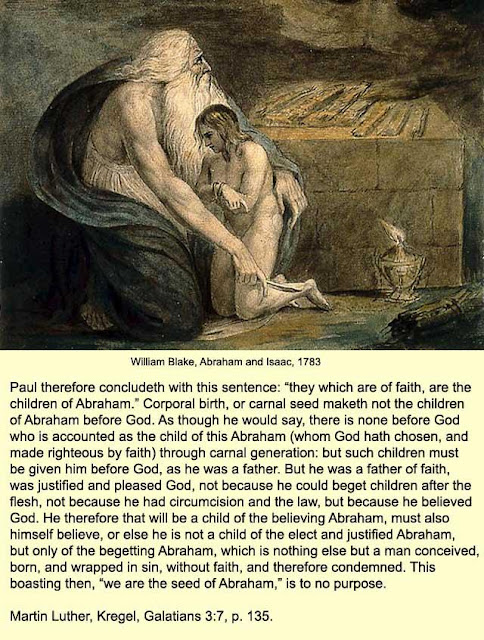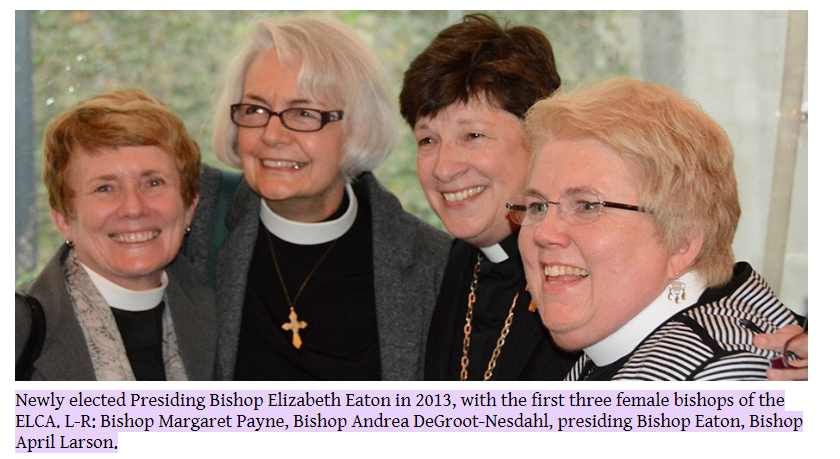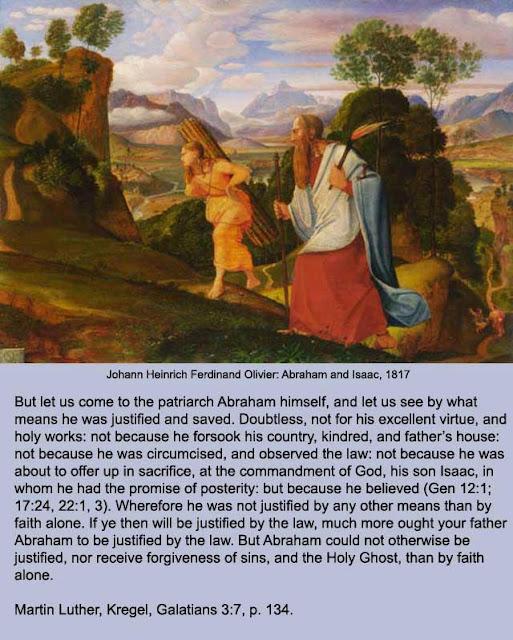Dear Pastor Jackson,
I
have been pondering what you said on your podcast about the blasphemy
against God the Holy Ghost. You said that it is making fun of the Word
of God, Holy Baptism, and Holy Communion, and miracles.
That
reminds me of a LCMS pastor making fun of the words in the King James
Bible such as "thee", "ye", and "thou". But God knows we need these
precious little Words to understand the Bible.
Christ our Lord rose from the dead and stood in the midst of the apostles and said,:
"Peace
be unto you: as my Father hath sent me, even so send I you." And when
he had said this, he breathed on them, and saith unto them, "Receive ye
the Holy Ghost: Whose soever sins ye remit, they are remitted unto them;
and whose soever sins ye retain, they are retained." John 20:21-23
Notice
that Christ said, "Receive ye the Holy Ghost;" which is plural. That
means Christ gives the Holy Ghost to all Christians especially pastors.
So God the Holy Ghost abundantly forgives our sins when a pastor or
laymen says, "I forgive you all your sins in the name of the Father, and
of the Son, and of the Holy Ghost".
Some LCMS
pastors do not believe in these clear Words of Christ our Lord. They do
not believe in the Office of the Keys so they change what Christ said.
Instead of saying, "I forgive you" they say, "I assure you". Saying, "I
assure you" does not forgive sins."
Pastor
Jackson, I remember you said that the Holy Spirit is never without the
Word and the Word is never without the Holy Spirit.
The
King James Bible is never without God the Holy Ghost, and God the Holy
Ghost is never without the King James Bible. This is true for all Bibles
translated from the Greek TEXTUS RECEPTUS into many other languages.
God the Holy Ghost has attached Himself to these Bibles for more than
500 years.
Christ our Lord said:
"Heaven and earth shall pass away: but my words shall not pass away." Luke 21:33
O Lord, look down from heav'n, behold
And let Thy pity waken;
How few are we within Thy fold,
Thy saints by men forsaken!
True faith seems quenched on every hand,
Men suffer not Thy Word to stand;
Dark times have us o'ertaken.
With fraud which they themselves invent
Thy truth they have confounded;
Their hearts are not with one consent
On Thy pure doctrine grounded.
While they parade with outward show
They lead the people to and fro,
In error's maze astounded.
May God root out all heresy
And of false teachers rid us
Who proudly say: Now where is he
That shall our speech forbid us?
By right or might we shall prevail;
What we determine cannot fail;
We own no Lord or master.
Therefore saith God, I must arise,
The poor my help are needing
To me ascend my people's cries,
And I have heard their pleading.
For them my saving Word shall fight
And fearlessly and sharply smite,
The poor with might defending.
As silver tried by fire is pure
From all adulteration.
So thro God's Word shall men endure.
Each trial and temptation
It's light beams brighter thro' the cross,
And purified from human dross,
It shines through every nation.
Defend Thy truth, O God, and stay.
This evil generation;
And from the error of it's way
Keep Thine own congregation.
The wicked everywhere around
And would Thy little flock confound;
But Thou art our Salvation. (Martin Luther; O LORD, Look Down From Heaven, Behold; The Lutheran Hymnal; CPH; Hymn 260)
In Christ,
Tom Fisher
+++
 |
"They which are of faith are children of Abraham."
The Walther Four - LCMS-WELS-ELS-CLC (sic) - deny this truth. |





















